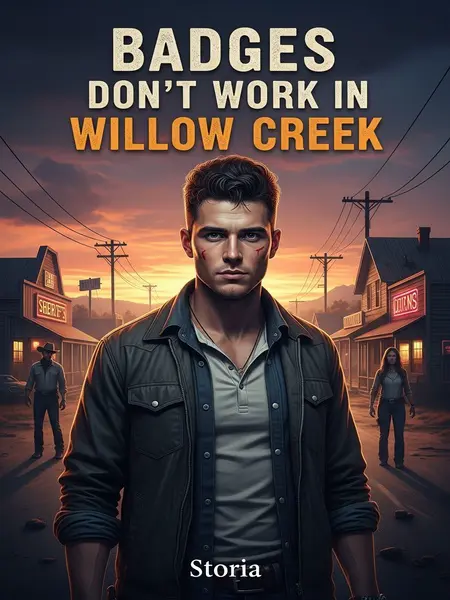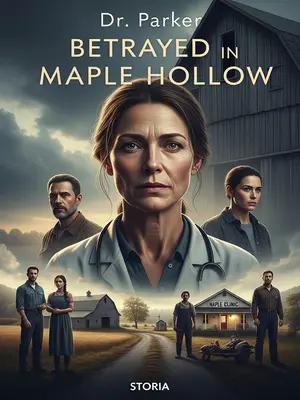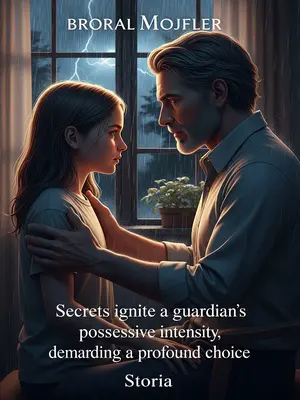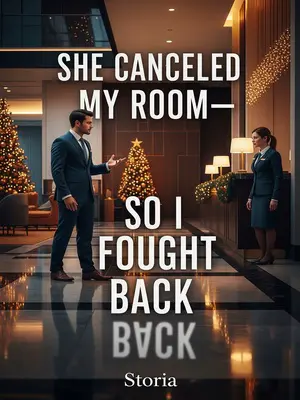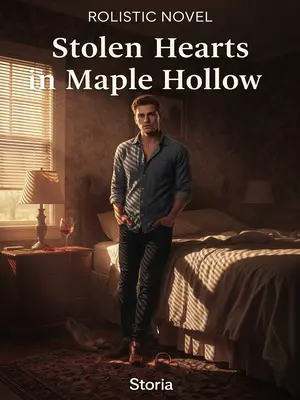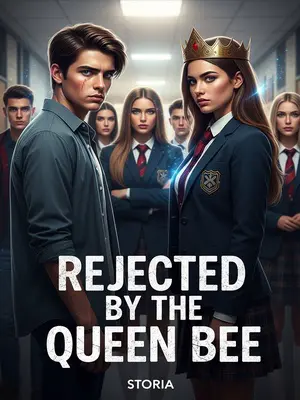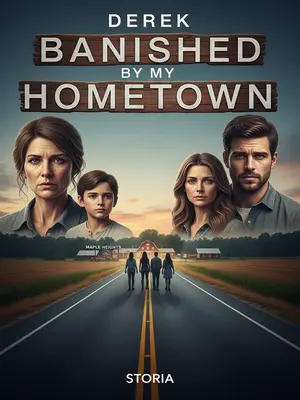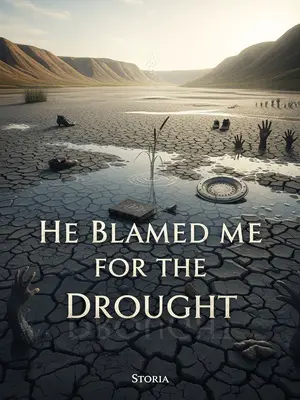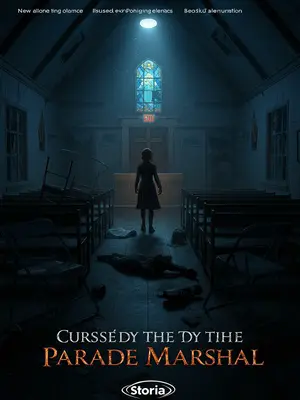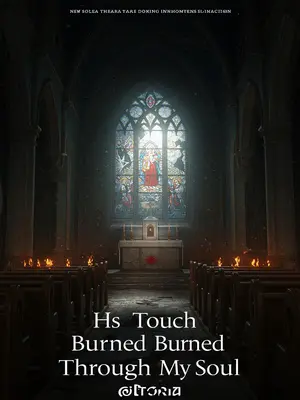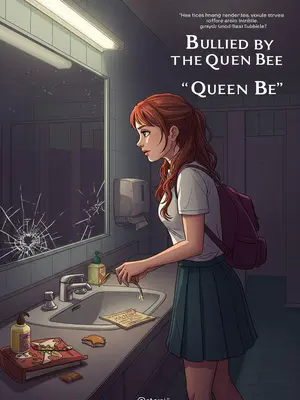Chapter 1: Outlaw’s Paradise Unveiled
There’s a little town deep in the American South where, honestly, it seems like everybody’s got a stash of illegal guns tucked away somewhere, and just about every family’s running something shady—drugs, moonshine, you name it. Folks here have shot at sheriffs, burned down the police station, and fought off law enforcement over three hundred times—murder and arson just part of the story. Nobody’s crazy enough to step in. Outsiders, with a shake of the head and a nervous laugh, call it the outlaw’s paradise—like it’s some kind of dark legend.
Whispers about Willow Creek drifted through the region like swamp fog—thick, sticky, and hard to shake off. You’d hear folks from the next county over swapping stories at the barbecue joint, maybe over sweet tea or a cold beer, lowering their voices and saying, “That place ain’t right.” They’d pause, shake their heads, and glance around, just to be sure. Even truckers passing through kept their windows up, eyes glued to the road, thinking, Just keep driving, don’t look left or right, and maybe you’ll make it out in one piece.
Back in 1992, a task force from the Mississippi State Police rolled into Willow Creek. They couldn’t believe what they were seeing—mouths hanging open, hands hovering near their holsters.
The troopers had seen their share of rough neighborhoods, but nothing like this. The air reeked of burned rubber and diesel, and the welcome sign had more bullet holes than actual letters. A couple locals lounged against a battered pickup, watching the cruisers roll in with lazy, flat stares—like they were daring them to try something, just waiting. One old-timer even spat a wad of tobacco right at the curb, grinning wide with a mouthful of missing teeth, like he owned the place, I swear.
Around here, nobody bothers with driver’s licenses or social security numbers—hell, folks ignore child welfare checks, skip out on business taxes, and drive around without plates like it’s nothing. At the flea market, guns and drugs are out in the open—people haggling over prices, and sometimes they’ll just fire off a few rounds, just to see if the thing still kicks.
Every Saturday, the flea market turned into a full-blown carnival of chaos. Kids darted between booths stacked with shotguns and AR-15s, while old ladies sold home-baked pies right next to tables piled high with baggies of meth and pills. Bargaining was loud and rowdy—sometimes a seller would fire a pistol into the air to prove it worked, and nobody even flinched. Just another Saturday. The sheriff’s car sat parked in the shade, gathering dust, its tires long since slashed and nobody caring enough to move it.
Five hundred stolen vehicles were stacked in a corner lot—including squad cars, military Humvees, and government trucks. The State Police’s own Jeep? That got swiped and hauled straight to Willow Creek, then flipped for a fat profit to some gang up in Ohio. The 14th Infantry’s mobile comms truck? Gone too—snatched up and dumped in the chop shop. After the usual wild goose chase, the army had to fork over five grand—yeah, five thousand dollars—just to get it back.
The chop shop was legendary. Engines and axles littered the red clay lot, and if you looked close, you might spot a Humvee painted John Deere green or a police cruiser with the decals scrubbed off and a Confederate flag slapped on the bumper. Folks joked, no kidding, if your car disappeared anywhere in Mississippi, it’d end up here—if you had the cash to buy it back, that is.
The task force just couldn’t wrap their heads around it—right near the border, in this forgotten little town, there was the country’s biggest drug hub. And not just that—the largest illegal arms market, plus the wildest chop shop for stolen cars. Folks in the nearby trailer parks all got rich off crime, building up their own lawless, self-governed kingdom. Wild, right?
It was like the Wild West never called it quits. Every porch had a rocking chair and a shotgun propped against the wall. Kids tore down the main drag on four-wheelers, flipping off anybody in uniform. At night, neon from the biker bar painted the sky, and the sound of engines and gunshots rolled through the pines like distant thunder. Around here, the law was just a rumor, and everyone kept to their own.
For a decade, the state police kept cracking down, but things just got worse. No one knew when this den of devils would finally collapse—until the summer of this year. And let me tell you, folks felt something coming.
You know how word gets around in a place like this—rumors spread faster than wildfire, and Willow Creek was no exception. Folks said even the devil himself would think twice before trying to run the place out. But by June, something had shifted. The sheriff’s department set up roadblocks, and for the first time in years, outsiders started poking around, sniffing for weakness. Folks got jumpy. You could feel the tension in the air, like a storm just waiting to break. Nobody wanted to be the first to blink.
Outlaw’s Paradise. That’s what they called it—said with a smirk or a shiver, depending who you asked.
In Willow Creek, there’s only one real crime: being broke. Folks shout, 'Do some time, live the good life,' like it’s a badge of honor. As long as there’s cash to be made, nothing’s off the table—murder, armed robbery, selling guns and meth, hell, you name it.
It was a twisted kind of American Dream—get rich or die trying. At backyard cookouts, old timers bragged about their biggest scores, and kids learned to load a shotgun before they could ride a bike. If you couldn’t hustle, you were nobody. And that stung worse than getting caught by the law—being caught without cash was the real shame.
Billy Ray’s family were outsiders in Willow Creek. Not only were they shut out from the gun and drug trade, but his dad also got hooked on meth here. That left the family broke and miserable. Every time Billy Ray saw his father shaking from withdrawal, he wished—just for a second—that he could burn the whole drug business to the ground. God, it made his blood boil.
Other families had secrets, but Billy Ray’s shame was out in the open. His mother worked double shifts at the gas station, and their trailer sat at the edge of town, too close to the woods and too far from help. Billy Ray kept his head down. But anger simmered under his skin every time he saw his dad’s hollow eyes and jittery hands—like a fire he couldn’t put out.
In 1992, when Billy Ray turned eighteen, his mom—after years of pleading with the town mayor—finally found a way for her son to get into the gun-running business. But Billy Ray refused. He signed up for the local sheriff’s office instead. That crushed his mother’s dream of finally getting rich. She laid into him for being ungrateful, for hanging out with the useless lawmen instead of making money for the family. She couldn’t believe it.
She slammed pots in the kitchen, tears streaking her face, yelling, “You think you’re better than us? Think you’re gonna save this town? The only thing you’ll get is a bullet in your back!” The words hung in the air, sharp and raw. Billy Ray just stared at the floor, jaw clenched, determined to prove her wrong. He wanted to be the first in his family to wear a badge, even if it meant walking straight into hell.
Full of fire, Billy Ray reported for duty at the sheriff’s station, but he overlooked one big thing: in Willow Creek, the cops are at the bottom of the food chain. He didn’t see that coming—not really.
His boots crunched over broken glass as he stepped onto the station porch. The flagpole out front hung limp, the flag long gone. Billy Ray squared his shoulders, heart pounding, and pushed through the battered door, ready to make a difference—even if nobody else cared. He tried to steady himself.
The moment he showed up at the substation, he saw the sign was already battered. The brick walls were covered in crude graffiti, burn marks everywhere. Most of the windows had been smashed and replaced, only to get smashed again, so now they just left the holes open—nobody bothered to fix them anymore. It felt like the building was daring him to try and clean it up.
Inside, the air was thick with the smell of old coffee and cigarette smoke. A couple of ceiling tiles sagged, stained brown from rain leaks. The only working phone was duct-taped to the wall, its cord stretched thin from years of yanking. Billy Ray’s badge felt heavy on his chest, but he stood tall—trying not to let the decay get to him, even as it crawled under his skin.
Billy Ray walked into the office, hoping to make a good impression on his first day. He figured he’d nab a few petty crooks, show some backbone. But before he could even get started, an old deputy stopped him, shaking his head and sighing. The man explained that every household in Willow Creek was packing heat, every family ran drugs, nobody had social security numbers or driver’s licenses, there were no child welfare checks, farmers didn’t pay their dues, business owners dodged taxes, car buyers didn’t register their rides, and robbery, theft, and murder happened every day—there was just too much to handle, kid.
The old deputy leaned back in his creaky chair, eyes tired and sad. “Son, this town eats lawmen for breakfast. You want to help? You better watch your back and keep your mouth shut. Folks here don’t want saving—they want you gone.” He let the words hang, heavy as lead.
Once, a deputy tracked a stolen car to Pine Hollow. As soon as he rolled in, he was surrounded by dozens of criminals armed with Uzis and pistols. In the end, not only was the deputy gunned down, but the whole substation got burned to the ground. That’s just how it goes here.
Billy Ray swallowed hard, picturing the ambush—smoke curling from the charred remains of the station, radios still crackling with static. The other deputies avoided his eyes, their silence heavy with stories they’d never tell a rookie. He realized then that wearing a badge in Willow Creek was less about law and more about survival. That truth hit hard.
Other deputies just shook their heads even more. They said not long ago, an army field vehicle from the 14th Infantry was stolen and sold to Willow Creek. The state police tried everything, but it was pointless; in the end, the army had to cough up five grand out of their own pockets to buy the truck back. The commander of the 14th was so mad, he nearly busted a blood vessel. That’s just the way it goes around here.
“Hell, even the Army can’t win here,” one deputy muttered, lighting a cigarette with shaking hands. He took a long drag. “If you’re smart, kid, you’ll keep your head down and your car locked. Otherwise, you’ll end up just another story folks tell around the fire.” The warning lingered in the stale air, heavy as a thundercloud.
